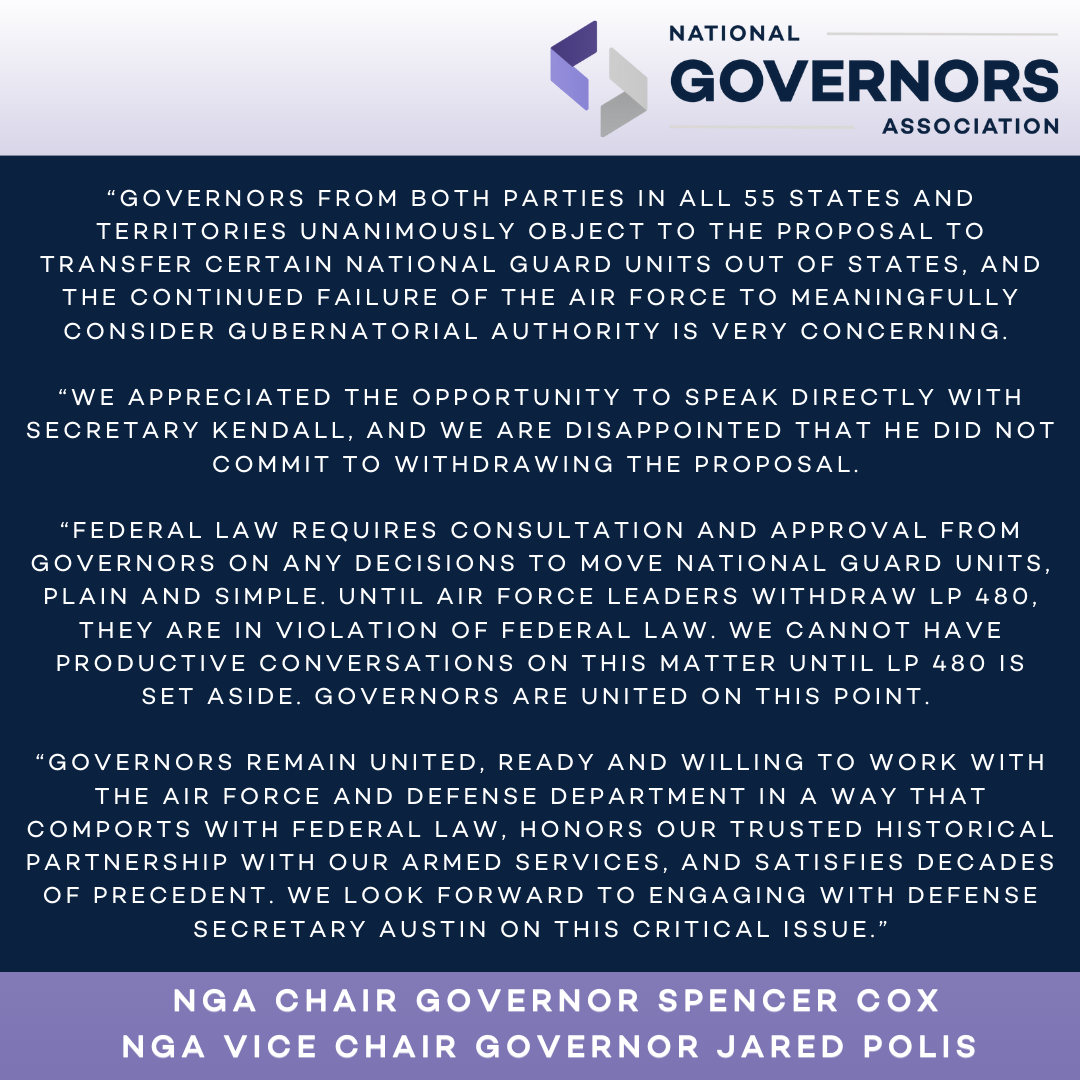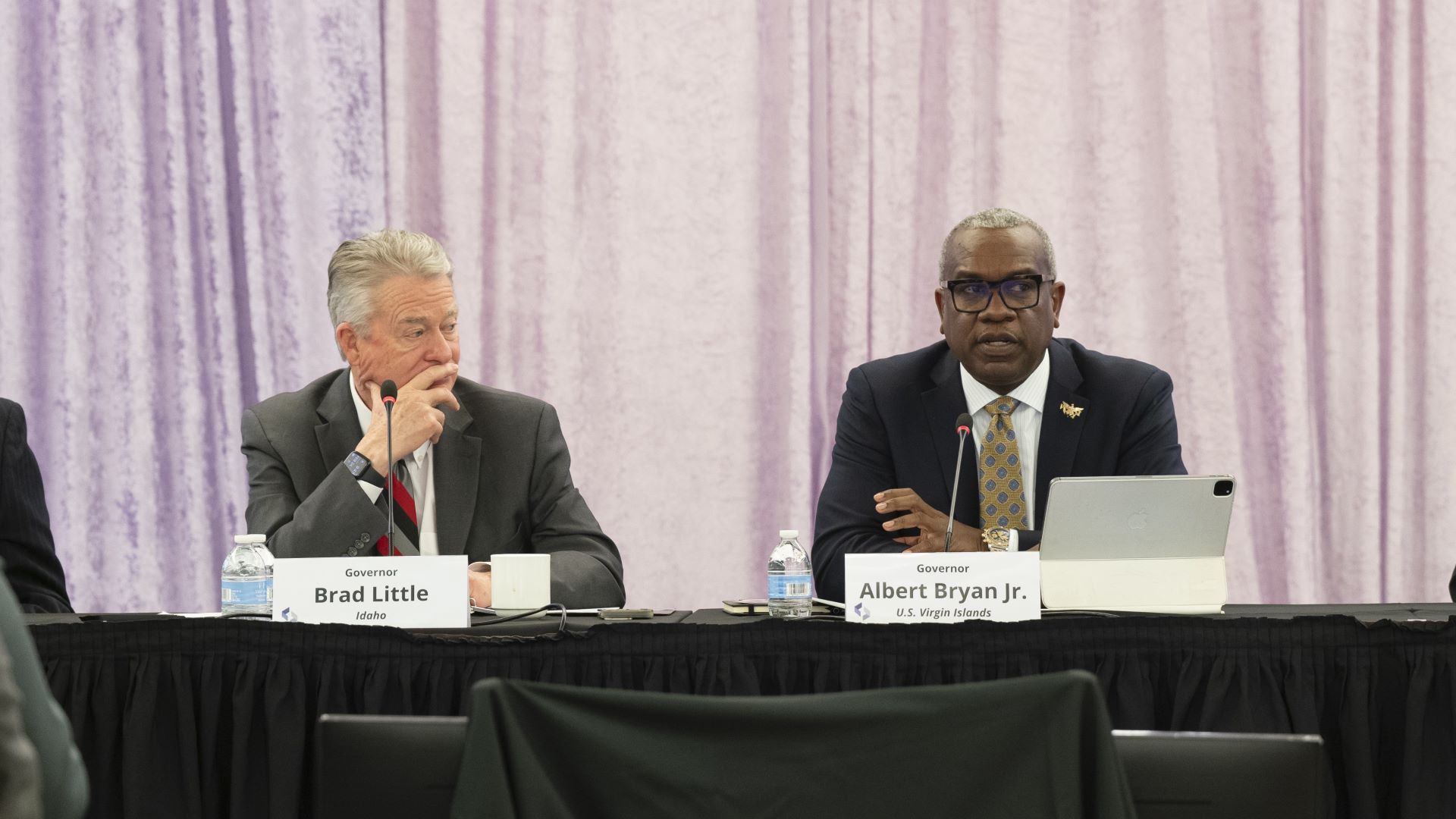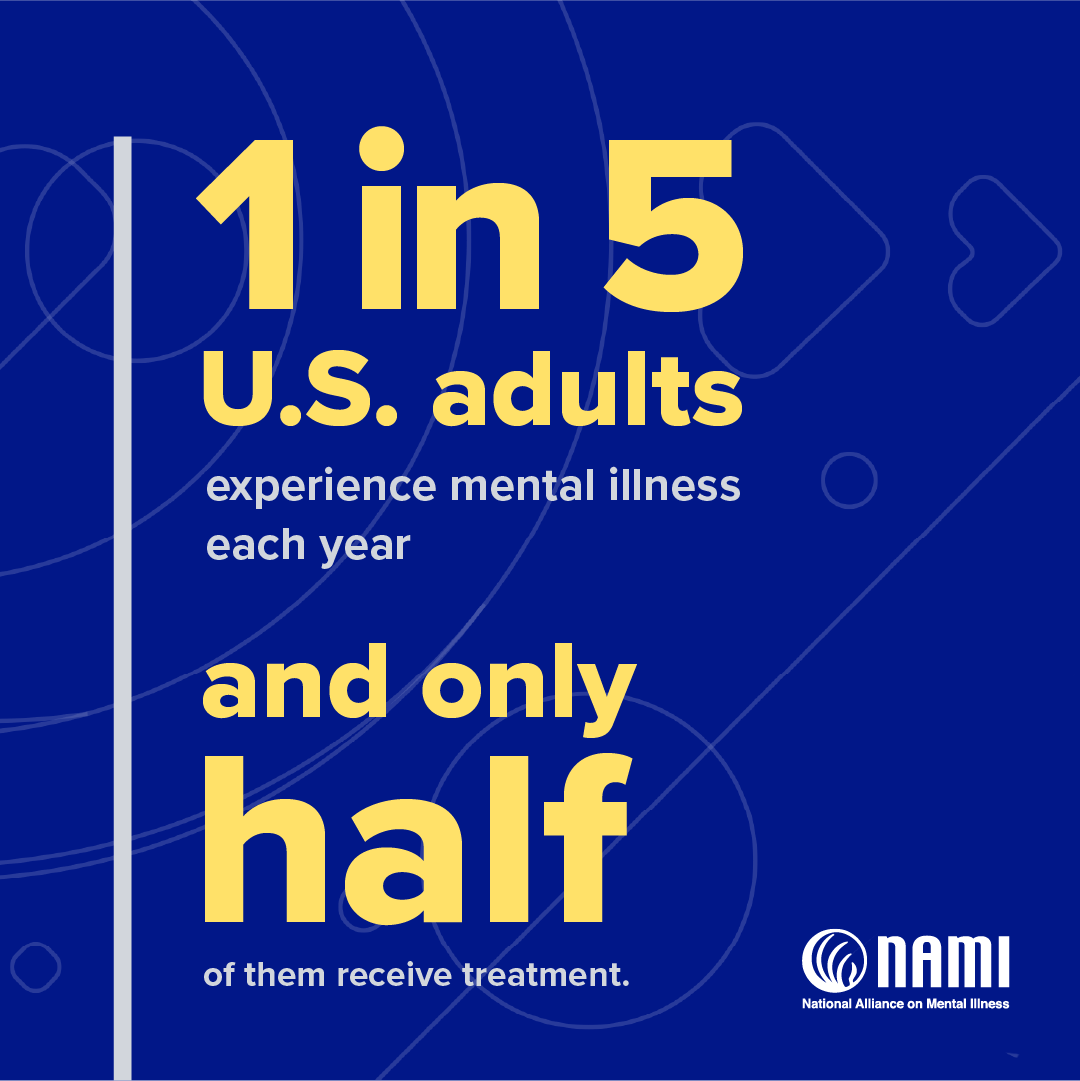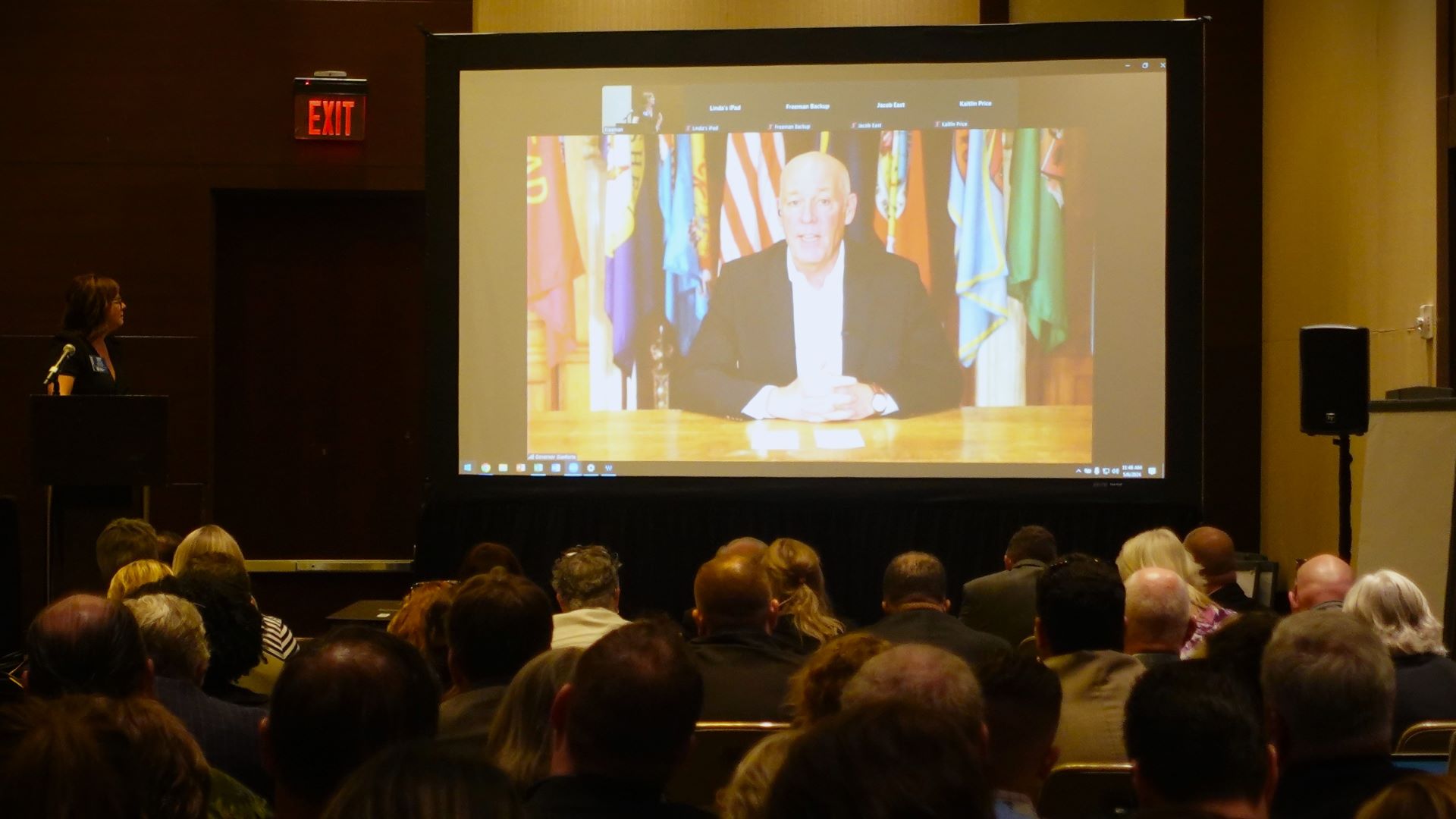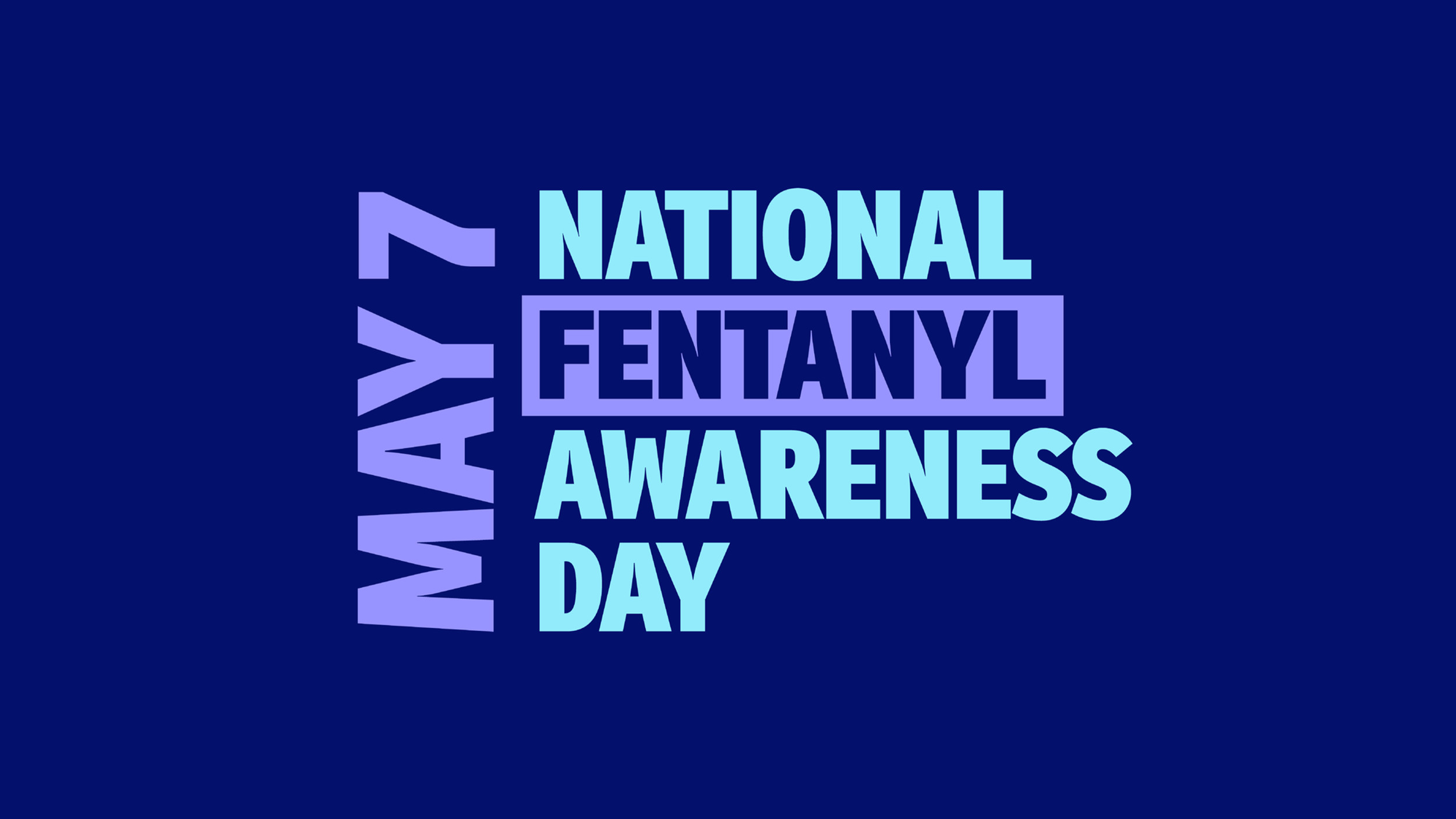Recently, the Kansas Infrastructure Hub hosted its second convening for state, local and private sector partners (details from the first convening can be found here.) Attendees gathered in Salina, Kansas to provide updates from state officials on implementation progress, share best practices in applying for discretionary grants and coordinate resources toward project implementation across transportation, water, energy and resilience sectors. The meeting was enhanced by a targeted workshop on broadband project permitting and deployment, which took place the following day and coincided with the federal government’s approval of Kansas’ Broadband Equity Access and Deployment program Initial Proposal – a critical step in bridging the digital divide in Kansas.
In June 2022, Kansas Governor Laura Kelly launched the Kansas Infrastructure Hub (the Hub), a coordinated approach to align state agencies and local entities as they administer and apply for funding available through the federal bipartisan Infrastructure Investment and Jobs Act (IIJA). Over the past two years, the Hub has worked to identify best practices from across the nation for deploying funds and maximizing opportunities for Kansas.
On April 24, attendees were introduced to Matt Volz, the newly appointed Executive Director of the Kansas Infrastructure Hub. An experienced grants manager, Professional Engineer and Kansas Department of Transportation (KDOT) alumnus, Volz will be building out a team of capacity builders to support local governments throughout Kansas. Next, KDOT Secretary Calvin Reed provided a series of updates on how Kansas is making progress on accessing and deploying funding under IIJA. Secretary Reed also highlighted the Build Kansas Fund, a $200 million fund for organizations that successfully secure federal grants for infrastructure projects under IIJA. The intent of the Build Kansas Fund is “to accelerate local infrastructure investment to support transformative community projects enabling Kansas communities to move forward with infrastructure projects, including improvements to water, transportation, energy, cybersecurity, and broadband.”
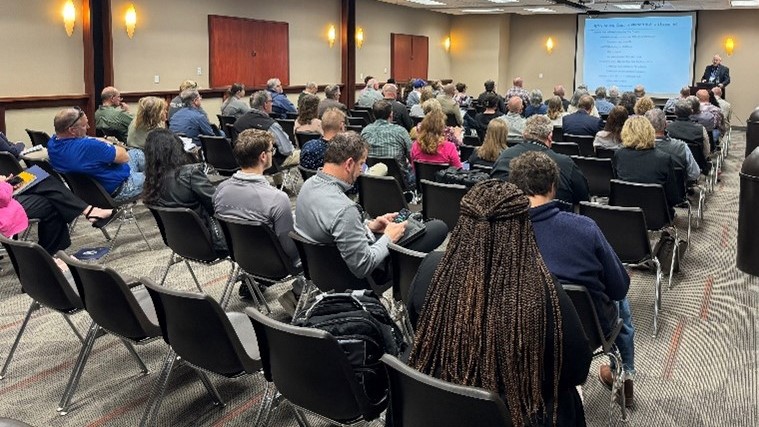
Throughout the day, participants heard from state agency experts on topics ranging from transportation to water to broadband to cybersecurity. The Kansas Infrastructure Hub Team provided additional “deep dive” insights on building regional partnerships to bundle infrastructure projects, developing performance metrics, financial tracking and reporting, braiding and blending funding sources, and grant opportunity research, among other topics. The day finished with a networking opportunity. Participants left the first day of the meeting with additional connections as well as tools to engage more cooperatively with each other and competitively in the marketplace for grants and support funding.
Broadband Deployment Permitting Workshop
On April 25, the Kansas Office of Broadband Development hosted a day-long permitting workshop, where participants from federal, state, and local government, utilities, railroads, and telecommunications providers discussed best practices in broadband permitting. Participants heard from the federal officials from the National Telecommunications and Information Administration (NTIA) and U.S. Army Corps of Engineers, state officials from the Kansas State Historic Preservation Office (SHPO) and Department of Transportation, and voices from the utility, broadband, and railroad sectors. Following a review of the Kansas SHPO online process, the NTIA reviewed how the National Environmental Policy Act (NEPA) applies to federally-subsidized broadband deployments.
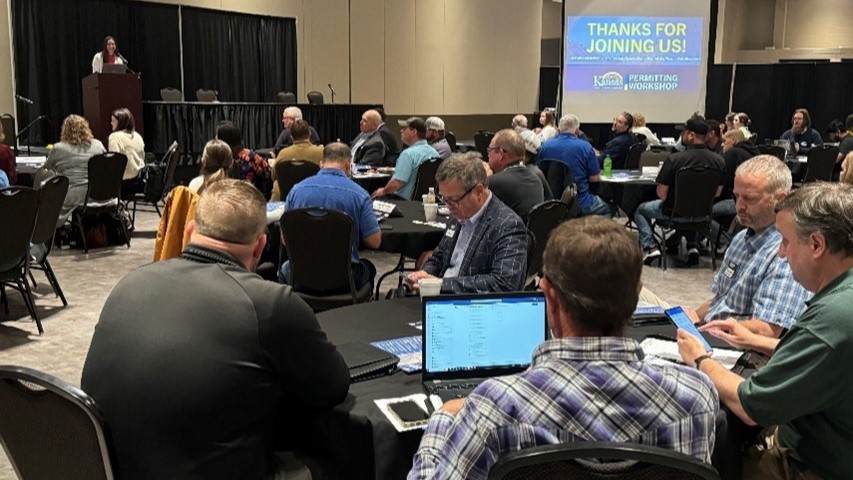
Participants in the workshop also benefitted from a discussion with utilities and broadband providers regarding operational hurdles and practical insights to streamline the process for accessing existing physical infrastructure such as telephone poles. The informational sessions were rounded out with discussions of utilizing rights-of-way and a review of common permitting practices featuring voices from the state, federal and private sector.
The day was capped off with an announcement that the NTIA had, earlier in the day, approved the state’s Initial Proposal under the Broadband Equity Access and Deployment (BEAD) program authorized by IIJA. Kansas can now request access to over $450 million in funding to close the digital divide and begin implementation of the BEAD program, including the subgrantee selection process and deployment-related activities.
NGA congratulates Governor Kelly and Team Kansas on a successful two days of infrastructure discussions and for the approval of their BEAD Initial Proposal . To follow NGA’s ongoing activities and support for infrastructure implementation, please visit: https://www.nga.org/bestpractices/infrastructure/.






